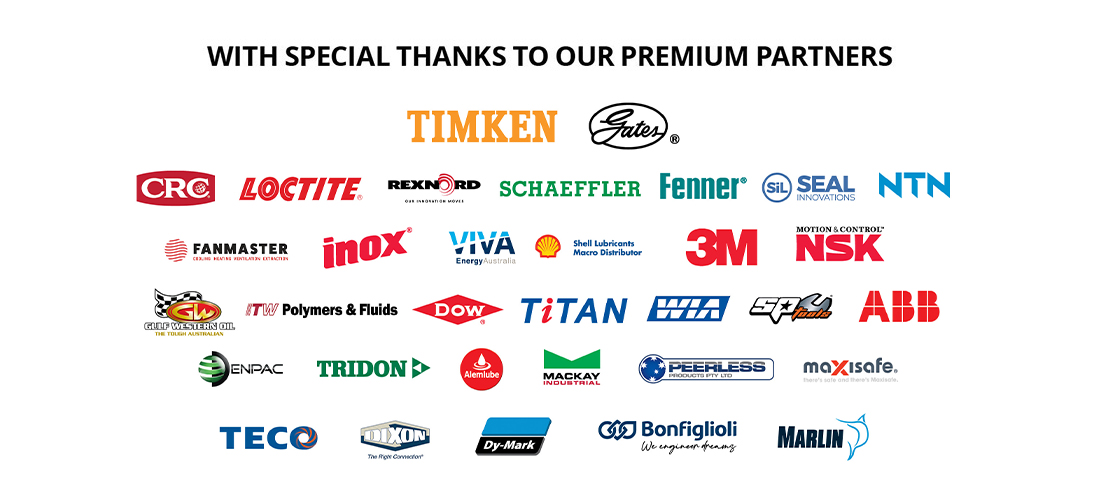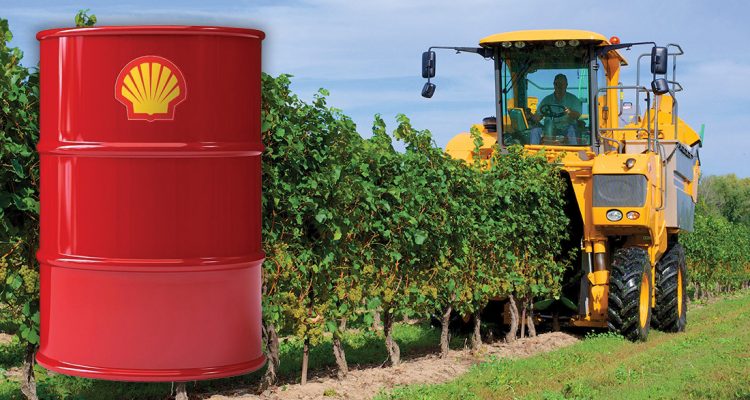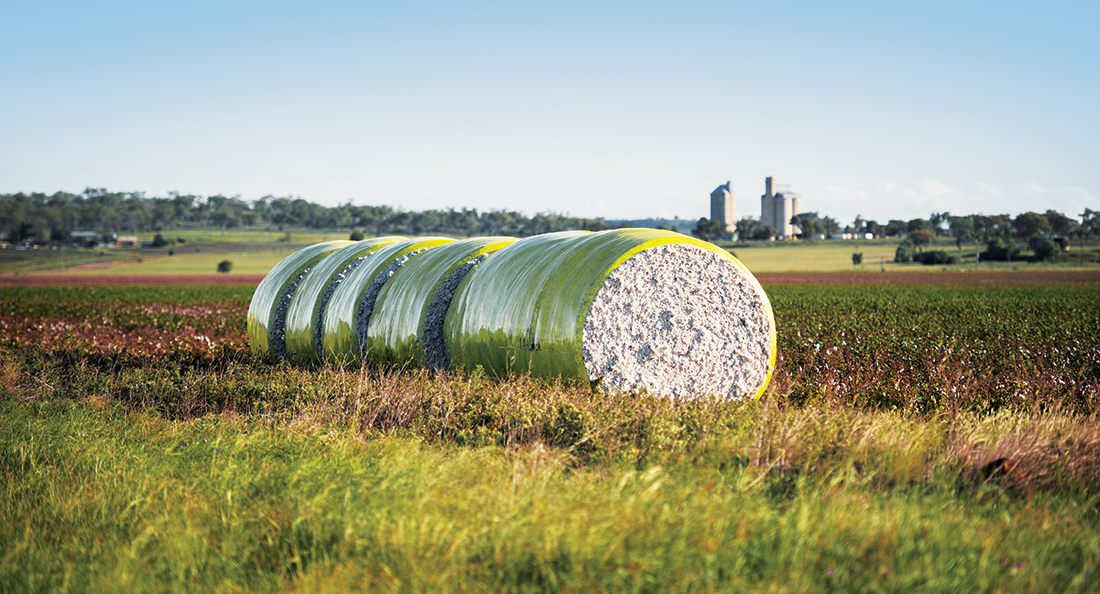In the last two years, the Australian harvest has seen the end of a long drought season, bouncing back with buoyancy, with incentives from the government boosting sales of agricultural equipment to accommodate the demands of high yields.
“When sales are up in agricultural machinery, after-market parts and lubricants go up in tandem with them,” says Viva Energy’s Paul Fisher, noting that agriculture is a particularly strong market for Shell lubricant products because of the strong OEM relationships they have.
The National Product Manager says he has seen bumper crops across multiple businesses in the agricultural segment this year, particularly at local wineries in his native South Australia, where he notes that the quality of the grapes has been exceptional.
“During peak harvest at a winery, grapes cannot sit on the vine any longer than they need to,” says Paul. “There is a window of opportunity to get the grapes off the field. The last thing anyone wants is a critical piece of harvesting equipment failing, so we focus on the need for reliability and longevity in our products, in conjunction with a high OEM approval rating.”
“The research and development team at Shell work alongside OEMs to co-design our lubricant products to meet the requirements of harvesting equipment,” he explains. “The Shell Tellus S2, MX and VX products carry a very large OEM approval rating, so customers have that assurance of reliability, performance and longevity.”
All of Shells premium hydraulic oils have 5,000 hours of use, which will last the entire harvest season, with great air-release capacity and heat resistance.
The Shell range of products have over 3,000 OEM approvals, so when acquiring a piece of harvesting equipment, it is more than likely that the OEM will recommend a Shell Tellus product.
The OEM testing process is very rigorous, according to Paul.
“Quality assurance testers will run water through an oil under every condition possible,” he says. “A good hydraulic oil needs to be able to separate from water or there is a risk of corrosion to the system. Many competing products will emulsify or congeal when mixed with water, but Tellus will separate and can be bled off through a water release valve.”
“The oils are also tested for seal compatibility,” he adds. “Which is important for keeping seals flexible — preventing drying, cracking, leakage, and expensive repairs.”
However, in the wake of global market shifts, the way Viva Energy as Shell Macro-distributor in Australia does business as a supplier, has been forced to change. “Having a good quality product that we need to get to market is not sufficient if our distribution channels are not strong,” says Paul, “Which is why our partnership with BSC has been critical for adapting to these market shifts.”
“With increased demands, countered by the logistical challenges of the global pandemic, our distributors are more important now than ever for building relationships across the agricultural segment. Without them, we would not be able to access our agricultural customers out in the field,” he concludes.
Shell Hydraulic Lubricants Range:
The Shell Hydraulic Fluid S1 M 46 and S1 M 68
- Basic hydraulic oils with 3,000 hours of standard use
- ISO accredited
- Tested by Shell under the global standard toss test
The Shell Tellus S2, Tellus MX and Tellus VX
- Premium tier hydraulic oils with 5,000 hours of standard use
- Very high OEM approval rating on the market
- Seal compatibility
- Good air-release capacity
- High-heat resistance




